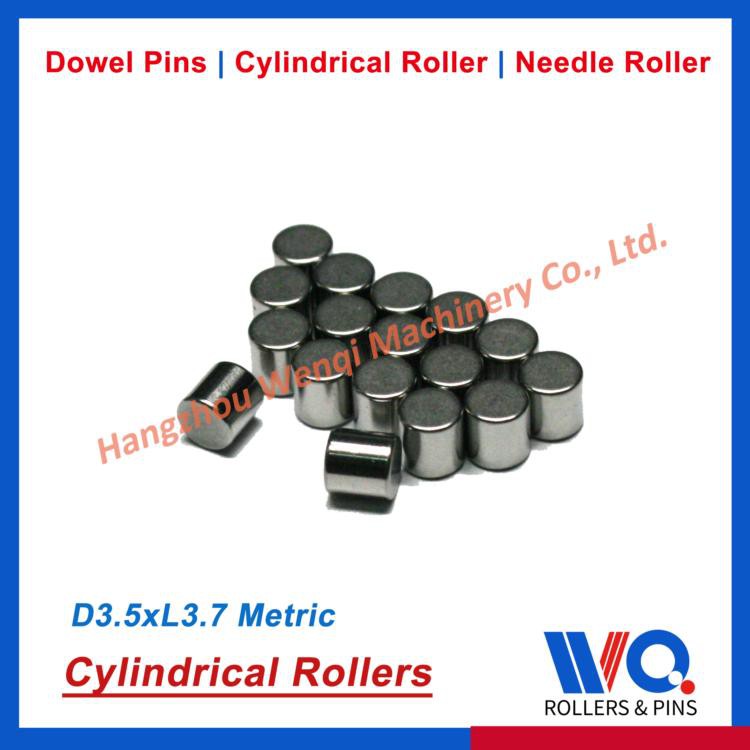Accepted materials
Typically, dowel pins are made from steel alloys that contain small amounts of sulfur and phosphorus, more precisely 0.04% and 0.05%, respectively. However, since pins are used in several industries, including water treatment, pump manufacturing, steel fabrication, and railroad construction, they can also be made from other materials, such as brass, 18-8 and 316 stainless steel, aluminum, and titanium.
design
Regardless of the metal alloy they are made from, pins undergo a hardening process called austenitization. This process, typically used on iron-based metals, means subjecting them to temperatures so high that the crystal structure changes to austenite (gamma iron).
Hardness coefficient
The purpose of the austenitizing process is to bring the interior and exterior of the locating pin to a certain hardness level. Simply put, according to ASME standards, a pin is manufactured correctly if the durometer of the pin shell is at least 60 and the core is between 47 and 58 durometer. Hardness is usually measured on the Rockwell C scale, a system used to calculate the indentation of steel using a pointed diamond cone. Of course, harder steel alloys will have smaller dents than softer steel alloys.
Coronal end specification of positioning pin
The crown, or rounded end, is obtained by a process called rounding, which refers to removing sharp edges and smoothing out its entire surface to make it easier to work with. Here the manufacturer needs to ensure that the height and radius of the crown comply with ASME specifications. For example, a 1/8" dowel must have a crown height of 0.041" and a crown radius of 0.016". Chamfer End Measurement Chamfer of Dowel Pin
or
The angle of the beveled end must be between 4 and 16 degrees to be deemed suitable for use. Slope is usually specified by minimum and maximum point diameters. Keep in mind that because dowel pins come in various sizes from 1/8'' to 1", this means the above points will also vary.
You should pay attention to these data when purchasing dowel pins, as the final hole and pin diameters must match exactly. If the pins are too small, they will slip out of the hole, while larger pins won't fit in at all. As a side note, it is recommended to use a dowel that is longer than the depth of the hole, and the rest is what is commonly called an "engagement."
Contact Us
- Ningmu Vil., Ningwei, Xiaoshan, Hangzhou, Zhejiang, 311200, China
- wq@wqpins.com
- +8613967135209
Top 5 Basic Elements Of Dowel Pins
Nov 11, 2023
You Might Also Like
Send Inquiry









